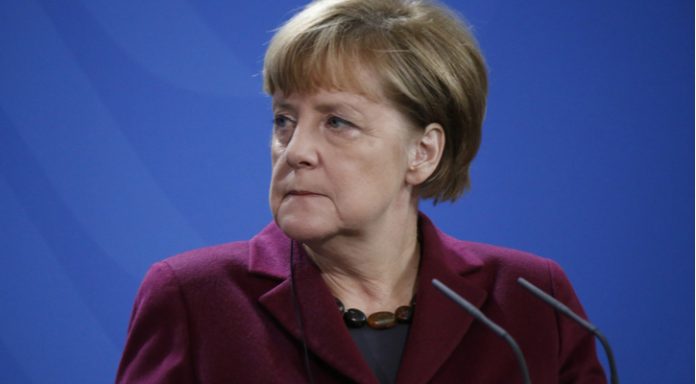The pound euro exchange rate experienced volatility in the previous session. Brexit jitters, in addition to news of progress in the German coalition talks kept traders on their toes throughout the session. After the pound euro rate dipped early on Wednesday, the rate then climbed higher to a peak of €1.1321
| What do these figures mean? |
|---|
|
When measuring the value of a pair of currencies, one set equals 1 unit and the other shows the current equivalent. As the market moves, the amount will vary from minute to minute. For example, it could be written: 1 GBP = 1.13990 EUR Here, £1 is equivalent to approximately €1.14. This specifically measures the pound’s worth against the euro. If the euro amount increases in this pairing, it’s positive for the pound. Or, if you were looking at it the other way around: 1 EUR = 0.87271 GBP In this example, €1 is equivalent to approximately £0.87. This measures the euro’s worth versus the British pound. If the sterling number gets larger, it’s good news for the euro. |
In the absence of any high impacting economic data on Wednesday, investors focused on Brexit developments as UK Prime Minister convened her Brexit Cabinet of senior ministers, to decide the UK’s future links to the EU. Ministers from both sides of the Brexit debate are helping to work out what relationship the UK should have with the EU post Brexit. Any agreement this week is extremely unlikely. Market participants will be looking for the closest possible future business ties with the EU, in order prevent disruption for businesses and a hard Brexit.
| Why is a “soft” Brexit better for sterling than a “hard” Brexit? |
|---|
| A soft Brexit implies anything less than UK’s complete withdrawal from the EU. For example, it could mean the UK retains some form of membership to the European Union single market in exchange for some free movement of people, i.e. immigration. This is considered more positive than a “hard” Brexit, which is a full severance from the EU. The reason “soft” is considered more pound-friendly is because the economic impact would be lower. If there is less negative impact on the economy, foreign investors will continue to invest in the UK. As investment requires local currency, this increased demand for the pound then boosts its value. |
Today, all eyes will be on the Bank of England’s “Super Thursday” releases. It is called super Thursday because the central bank releases the interest rate decision, the minutes from the monetary policy meeting and the quarterly inflation report. Given that analysts are not expecting the BoE to raise interest rates, attention will shift firmly to the inflation report and economic forecasts. These will be the first updated forecasts since the central bank raised interest rates in November. Should the forecasts and inflation outlook be lifted, the pound could move higher.
| Why do raised interest rates boost a currency’s value? |
|---|
| Interest rates are key to understanding exchange rate movements. Those who have large sums of money to invest want the highest return on their investments. Higher interest rate environments tend to offer higher yields. So, if the interest rate or at least the interest rate expectation of a country is relatively higher compared to another, then it attracts more foreign capital investment. Large corporations and investors need local currency to invest. More local currency used then boosts the demand of that currency, pushing the value higher. |
Terms Agreed for a German Grand Coalition
Demand for the euro wavered in the previous session, after investors cheered digested news that the German Conservatives, CDU, and the socialist party, SPD, had finally agreed the terms to a grand coalition.
Germany has effectively been in a political vacuum without a government since the elections over four months ago. Investors were starting to fear that the political deadlock could mean that Germany would have to head back to the polls if the two sides were unable to reach a deal.
The deal between the CDU and the SPD has seen a slight shift in power towards the SPD, which looks set to control 6 ministries including the Ministry of Finance and the Ministry of Foreign Affairs. This has caused some concern or the euro, which believes that the SPD policies could be unfriendly towards the euro.
Today investors will look towards the ECB economic bulletin for further clues as to the health of the eurozone economy and potential future action from the European Central Bank (ECB).
|
This article was initially published on TransferWise.com from the same author. The content at Currency Live is the sole opinion of the authors and in no way reflects the views of TransferWise Inc. |





